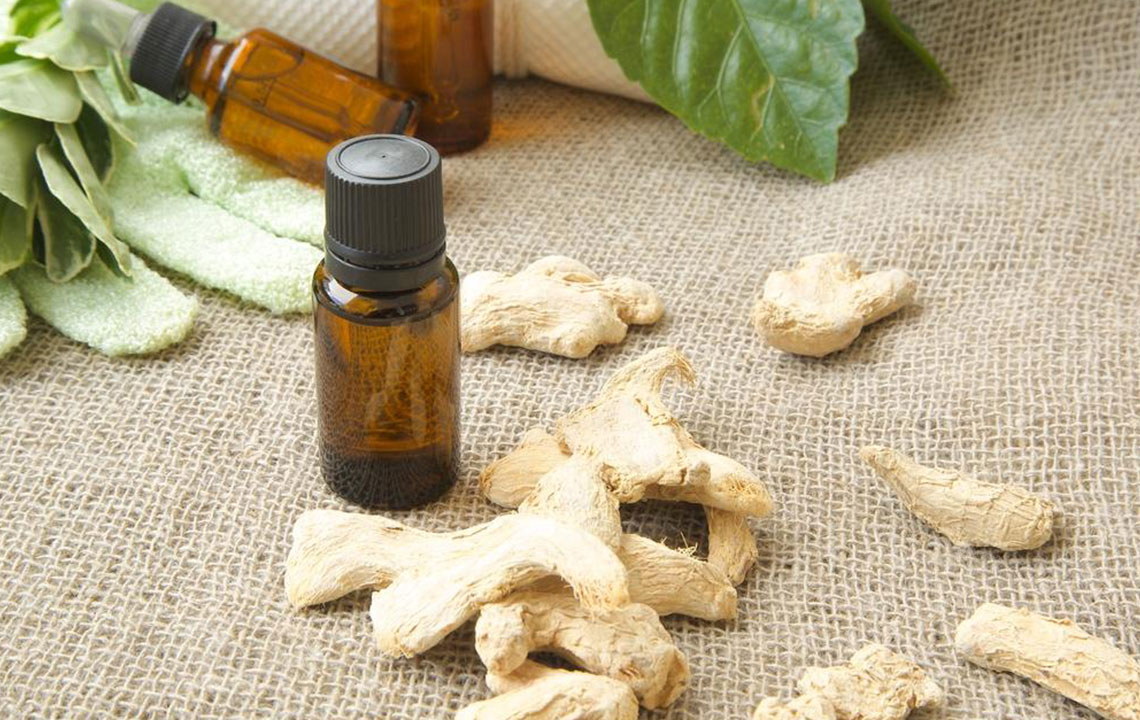Natural Strategies for Easing Psoriatic Arthritis Discomfort
Discover natural remedies to help manage psoriatic arthritis symptoms effectively. This guide highlights herbal solutions like aloe vera, turmeric, and tea tree oil, emphasizing their roles in reducing inflammation and skin irritation. Combining these with a healthy lifestyle can improve quality of life, but professional medical advice remains essential for effective treatment and safety.

Natural Strategies for Easing Psoriatic Arthritis Discomfort
Psoriatic arthritis develops from psoriasis and involves joint inflammation alongside skin patches. It can present as symmetric, asymmetric, DIP-driven, spondylitis, or mutilans forms, each with unique symptoms. Chronic inflammation may worsen over time, but herbal treatments offer relief for many. Traditional natural remedies have long supported symptom relief, making them a preferred option for those seeking alternatives to pharmaceuticals.
Below are five effective herbal options for managing psoriatic arthritis:
Apple cider vinegar
Known for its soothing effects on skin, apple cider vinegar can serve as a natural anti-itch remedy. Apply gently to affected areas, steering clear of blisters, cracks, or bleeding skin.
Aloe vera
A natural skin healer, aloe vera gel reduces irritation and speeds healing. Its glucomannan content promotes cell regeneration and hydration, alleviating redness and swelling—though it should complement medical advice.
Capsaicin
Extracted from chili peppers, capsaicin reduces nerve pain signals, easing joint discomfort. Topical use in creams or gels should be approached carefully, particularly for sensitive skin, with medical guidance recommended.
Turmeric
Its anti-inflammatory and antioxidant properties, especially curcumin, help decrease joint swelling. Incorporate turmeric into meals like soups or take supplements for an affordable anti-arthritis diet.
Tea tree oil
With antimicrobial and anti-inflammatory qualities, tea tree oil can soothe inflamed skin when used topically. Allergic reactions are possible, so consultation with a healthcare professional is advised before use.
Complementing herbal treatments with a healthy lifestyle—such as balanced diet, regular activity, weight control, and rest—enhances overall results. Protecting joints and seeking support further reduces risks. Always consult healthcare providers for tailored management strategies.


